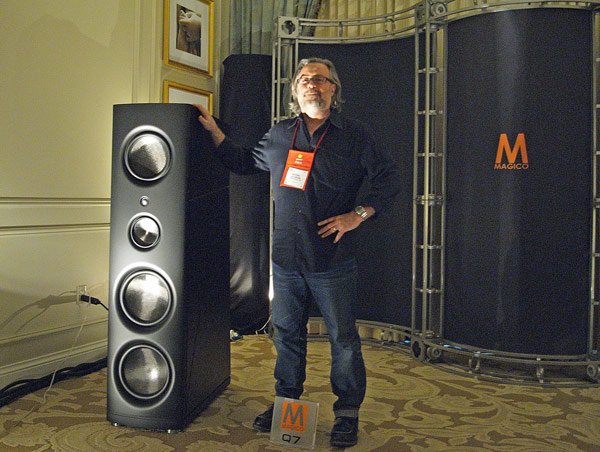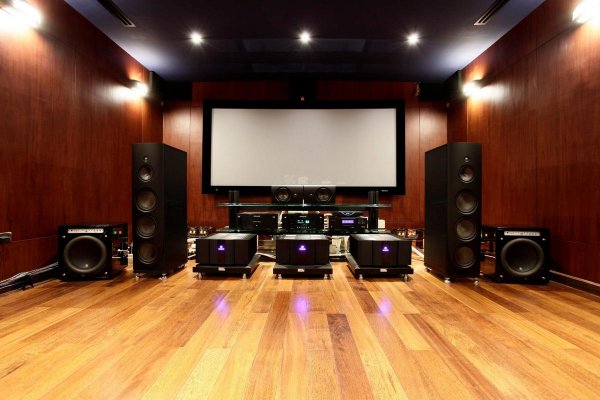Frantz,
I have learned that when you start an answer analyzing the poster, it means you will ignore the essence of the post and will move to Toyota, BMW or anything you have experience and write interesting things, that are no way related to main question of the post. IMHO your analogy between the car industry and small room acoustics does not add anything to the main question - the principles.
And yes, I have statistics about listening rooms and treatments. Not enough or systematically organized to present them in an explicit way, but enough to support my private opinion. Also, as it will involve directly people I will not discuss it. Anyway, it seems we are now too far from the central questions for me - the success rate and the famous principles.
Nice to know you like Toyota's. Although now it is very rarely used, my old Avensis is still in perfect condition. Never needed a serious service in thirteen years, except for one inexpensive heating resistance.
Originally Posted by microstrip
No one is saying it is a chance game. But the probability of success seems to be low, its why people refer to luck. I would not consider that small room acoustics for stereo reproduction that we have solid principles. I researched the subject during some time and I found that the divergences between known experts are very large. And the best of them are naturally more interested in their business and customers than publishing principles, most of their work in proprietary. And even people who share similar ideas diverge a lot on the implementation.
Some people try to extrapolate the solid principles of large room acoustics to sound reproduction, a very different affair, but what most do is adapting the existing tools to help them, relying mainly on their empirical expertise - something we sometimes like to call an "art". All IMHO.
BTW, you refer that there are principles. Are you able to summarize them for us?
microstrip
My reply:
I was about to reply with a glib answer. You don't deserve that. You are one serious audiophile, studious, ardent and somewhat indoctrinated but enthusiastic. I respect that. I am similar in some ways. Not all.
As an engineer I know very well that any design depends on the individual designers. There are various philosophies to achieve the same results; often they differ so much as to think they aren't from the same disciplin. Take cars, a Toyota engine clearly sounds different from a Nissan' their ways to approach engine designs is also different yet they both make cars, I like Toyotas some people prefer other cars. Same with Audio or Acoustics.
Different designers see things differently and results may be to your liking or not.. Not a chance game, not a low rate of success with a good designer, if you go alone.. Your chance of success lessens. I believe there is a vast difference between informed and knowledgeable. I consider myself informed about acoustics,not a professional, not knowledgeable. AThis frames my disagreement about the low rate of success that you , now, call luck. Do I have statistics ? No! Do you?
As for summarizing the principles. No. Not necessary, seems to be a gotcha. I will not go there
Not much I can add. I think you did get my points. If you think that isn't the answer you wanted . Fine . I am done either way.



